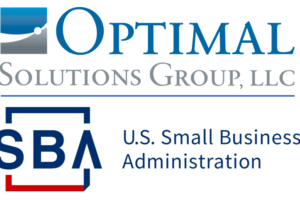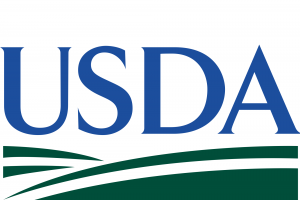Evaluation of Community Development Financial Institution and Minority Depository Institution Lender Participation in SBA Capital Programs and Lender Match

Program Evaluation & Evidence Registry (PEER) report
The SBA’s Office of Capital Access helps make capital available to small businesses through banks and other lending partners, and expanding access to the SBA’s capital programs through lending institutions specializing in local communities may reduce racial and gender disparities that persist in the use of and access to credit. This evaluation examined the attractors, facilitators, and barriers to Community Development Financial Institution and Minority Depository Institution participation in four of the SBA’s capital programs and Lender Match. More than 350 lenders participated in a web-based survey, and 89 participated in virtual interviews. Lenders reported that the mitigation of lending risk and the ability to serve higher-risk borrowers were the top loan program attractors. Collaboration with SBA District Offices, standardized financial forms, and clear program eligibility requirements facilitate participation. Internal lender organizational barriers and programmatic rules/regulations were reported as the main participation barriers. Finally, lender feedback suggests that additional examination of the Lender Match tool’s functionality is warranted to ensure it meets borrowers’ and lenders’ needs. Overall, the findings from this study support the agency’s efforts to extend access to the SBA capital programs through institutions specializing in local communities, and it furthers the SBA’s efforts to reduce disparities in accessing and using credit.
Read the Program Evaluation & Evidence Registry (PEER) report final report.



